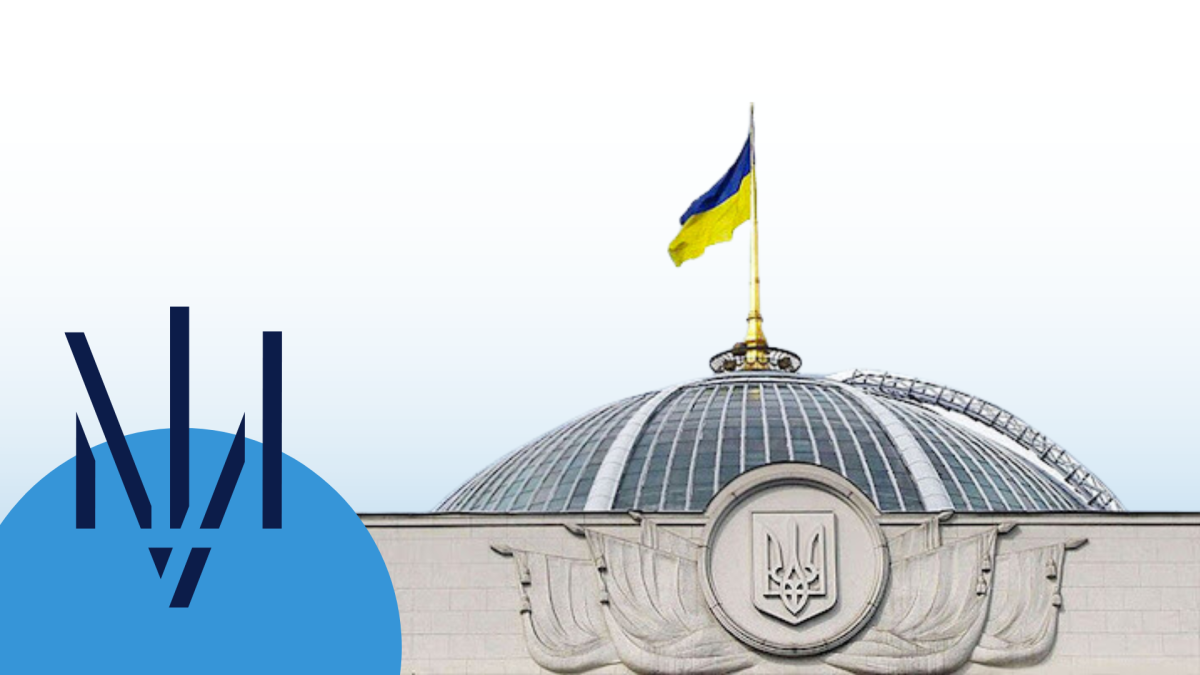

Today, the Verkhovna Rada adopted draft law No.11426, which extends the powers of the PCIE. 259 votes in favor.
However, the new law contains provisions that may negatively affect the competition.
On October 7, the committee on legal policy published a comparative table of the draft law No.11426 before the second reading. It contained updates that could negatively influence the selection of HACC judges who comply with the integrity criteria.
This refers to clause 14 in the Final and Transitional Provisions of the HACC Law. Although these changes are aimed at a unified understanding of the integrity criterion in accordance with the Law of Ukraine on the Judiciary and the Status of Judges, they can be interpreted incorrectly—as a restriction of the PCIE’s authority to assess the professionalism of candidates, assigning only an assessment of integrity to the Council.
TI Ukraine paid particular attention to the importance of both criteria, which the PCIE has the right to assess. After all, it was due to them that more than a third of unprofessional contestants who lacked integrity were eliminated in the previous competition.
These innovations are being introduced alongside important positive changes concerning the extension of the PCIE’s mandate for another 18 months, as well as the status of its secretariat.
On the positive side, the committee also extended the period for the analysis of candidates for HACC judges by the PCIE to 45 days. It also determined that the personal voting results of the HQCJ and PCIE members will be indicated at special meetings concerning candidates for HACC judges.
“We are convinced that limiting the role of the PCIE in the selection of HACC judges will negatively affect Ukraine’s fulfillment of its international obligations and may reduce public confidence in its results,” said Andrii Borovyk, Executive Director of Transparency International Ukraine. “The previous competition of the HACC showed that the list of powers of the Council, laid down from the very beginning, allowed for the selection of truly honest and professional judges. However, unfortunately, parliamentarians introduced ambiguity into the process of selecting judges.”
It is currently unclear how the updated provision on the criteria by which the PCIE will assess candidates in the HACC competition will function. We call on HQCJ and PCIE members to ensure that the competition is as transparent as possible, so that specialists who truly comply with the professionalism and integrity criteria become new judges of the HACC.
The previous competition of the HACC showed that the list of powers of the Council, laid down from the very beginning, allowed for the selection of truly honest and professional judges. However, unfortunately, parliamentarians introduced ambiguity into the process of selecting judges.
Andrii Borovyk






